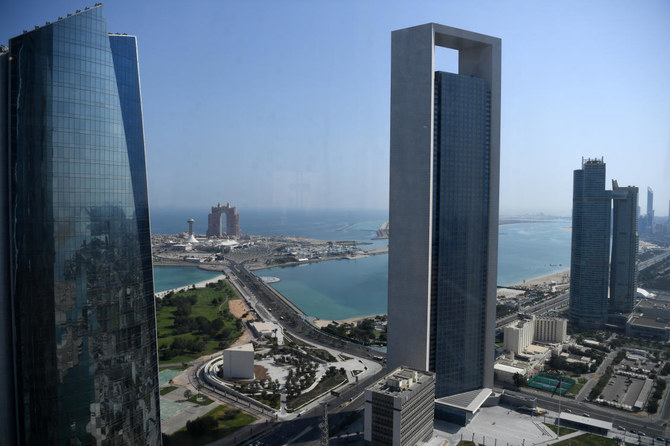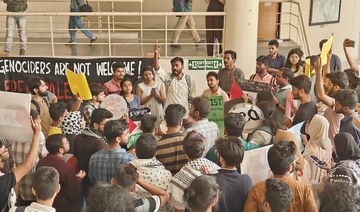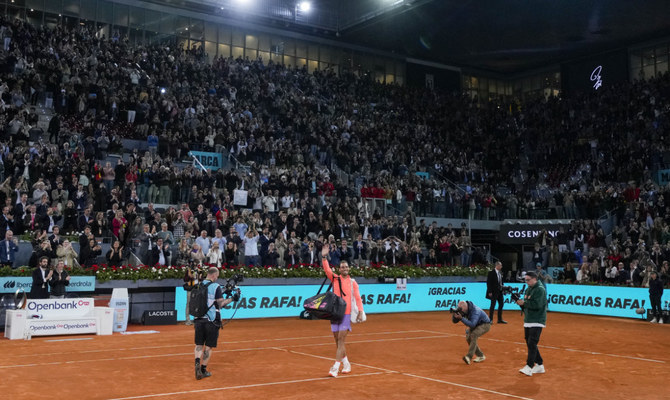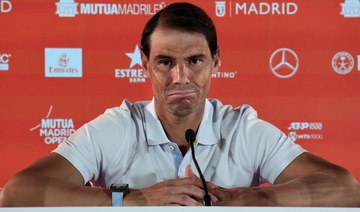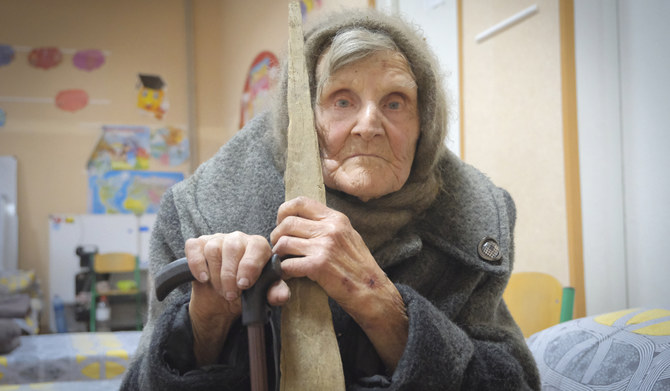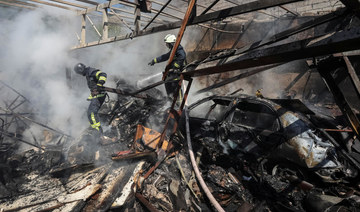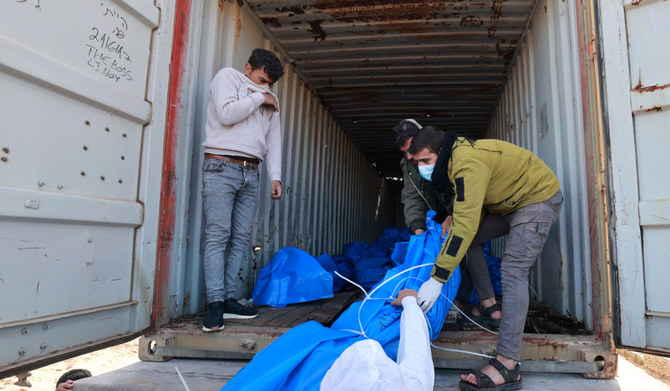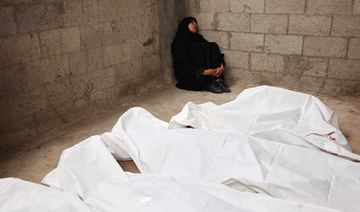MADRID: Rafael Nadal had to pause for a few moments, visibly emotional, while addressing the crowd after his loss in the fourth round at the Madrid Open.
As chants of “Rafa, Rafa, Rafa” echoed around, the five-time champion in Madrid made a farewell speech following a 7-5, 6-4 loss Tuesday to the 31st-ranked Jiri Lehecka.
It was likely his last official match at the tournament in the Spanish capital.
“This is a difficult day when it arrives, but it’s a reality. My body and my life had been sending me signs for some time,” Nadal said. “I was able to say goodbye playing on this court, one of the most emotional ones for me. Madrid at times has been more important to me than a Grand Slam. The memories here will stay with me forever.”
After the match, tournament organizers unfurled five banners for each of Nadal’s titles in Madrid — 2005, ‘10, ‘13, ‘14 and ‘17. They also showed a video of his highlights, as his wife and sister shed tears in the stands.
“It’s been a gift what you’ve done for me during the 21 years that I’ve played here,” said the 37-year-old Nadal, a winner of 22 Grand Slam singles titles. “All I can say is ‘thank you.’”
Nadal had not lost to a player ranked outside the top 20 on clay since falling to Pablo Cuevas in 2016 at Rio de Janeiro. He was seeking his 60th win in Madrid and the 100th ATP 1000 quarterfinal of his career.
Earlier, the player who Spanish fans hope will take over Nadal’s reign, Carlos Alcaraz, needed nearly three hours to beat Jan-Lennard Struff 6-3, 6-7 (5), 7-6 (4).
Both Spaniards are coming off injuries and are trying to get back in shape ahead of next month’s French Open. The 20-year-old Alcaraz missed tournaments in Monte Carlo and Barcelona. Nadal was coming off two matches in Barcelona after not playing competitively in nearly three months.
He arrived in Madrid saying he wasn’t fully fit and was worried about his condition, but in the end he won three consecutive matches without showing significant physical limitations.
“Just two days before I left for Barcelona I really didn’t know if I was going to be able to play again in an official match,” Nadal said, “and in the end I’ve played two weeks.”
The second-seeded Alcaraz was coming off two comfortable victories in Madrid but struggled on Tuesday. He squandered four match points against the 24th-ranked Struff while serving at 5-3 but converted on his first opportunity in the deciding tiebreaker at the Caja Magica center court.
“I wasn’t at my best physically toward the end of the match, but I’m happy that in the end I found my game,” Alcaraz said. “I fought for every ball and didn’t let down despite some difficult moments when things didn’t go my way.”
Alcaraz is trying to become the first player to win three straight Madrid Open titles. He also needed three sets to beat Struff in last year’s final. The world No. 3 will next face seventh-seeded Andrey Rublev at the clay-court tournament.
Top-seeded Jannick Sinner defeated 16th-seeded Karen Khachanov 5-7, 6-3, 6-3 to reach the Madrid quarterfinals for the first time. He is the only player to make it to the quarterfinals at all four ATP 1000 events this season.
“I made a couple of mistakes in the first set when he broke me, but this can happen,” Sinner said. “In the second set I tried to stay focused. Immediately, I broke him, and the confidence level raised a bit.”
SWIATEK RALLIES
Top-ranked Iga Swiatek rallied for a 4-6, 6-0, 6-2 win over Beatriz Haddad Maia to reach the semifinals for a second straight year.
After letting a 4-1 lead slip to drop the first set, Swiatek regained control in the second and third sets.
She will next face 18th-seeded American Madison Keys, who overcame eighth-seeded Ons Jabeur 0-6, 7-5, 6-1 after losing the first eight games of the match.
The Madrid Open is the only high-profile European clay tournament that Swiatek is yet to win.
MEDVEDEV ADVANCES
Third-seeded Daniil Medvedev was given the run around by Alexander Bublik before winning 7-6 (3), 6-4 to advance into a match against Lehecka.
“A lot of drop shots, and I got so tired in the end running for them,” Medvedev said. “That’s when you lose your concentration and you start to play a bit worse. But after the match he told me he was dead also. So, good for me, at least I was not the only one.”
World No. 8 Rublev advanced 6-2, 6-4 over Tallon Griekspoor and No. 22 Francisco Cerundolo upset two-time champion Alexander Zverev 6-3, 6-4 to set up a meeting with Taylor Fritz, a 7-6 (2), 6-4 winner over Hubert Hurkacz.



